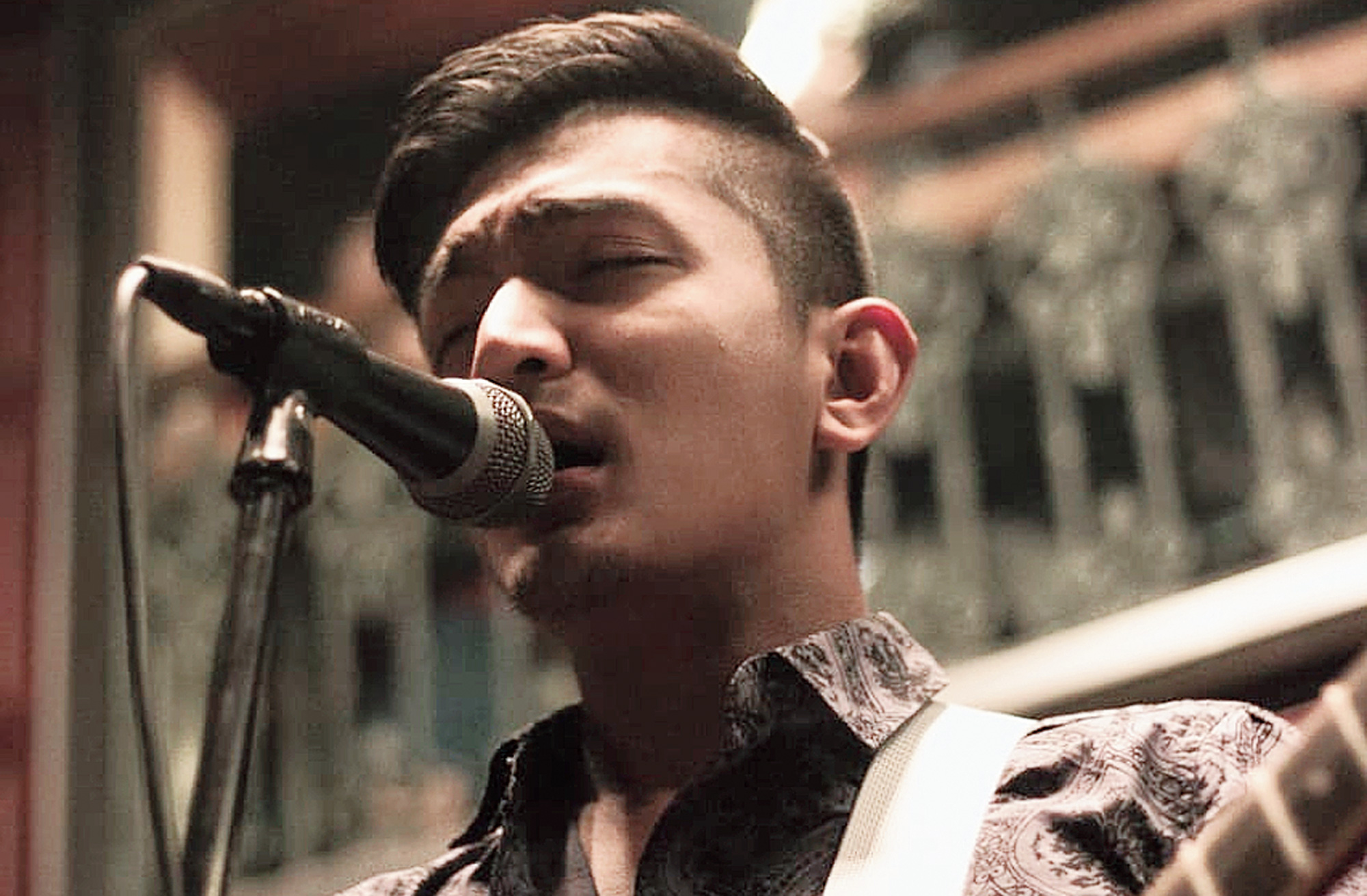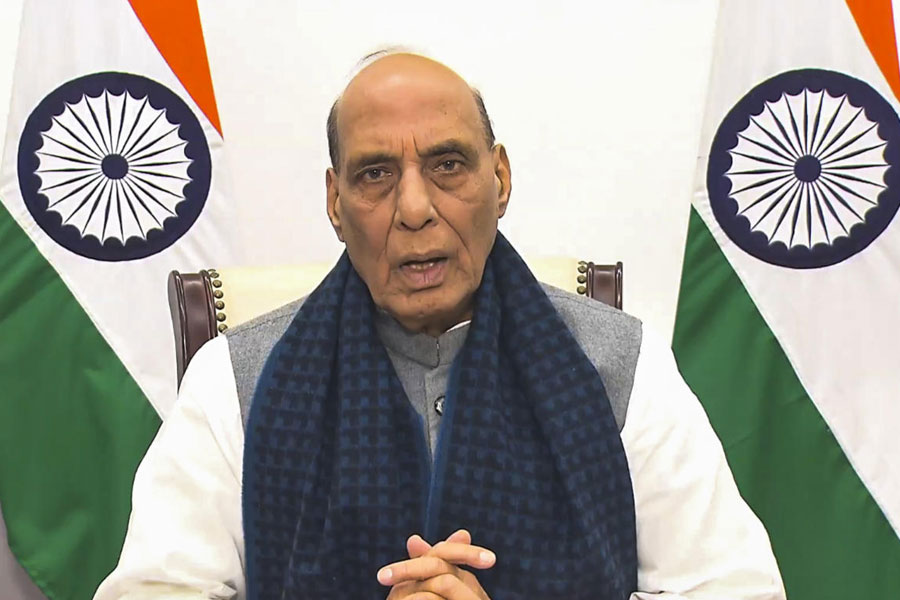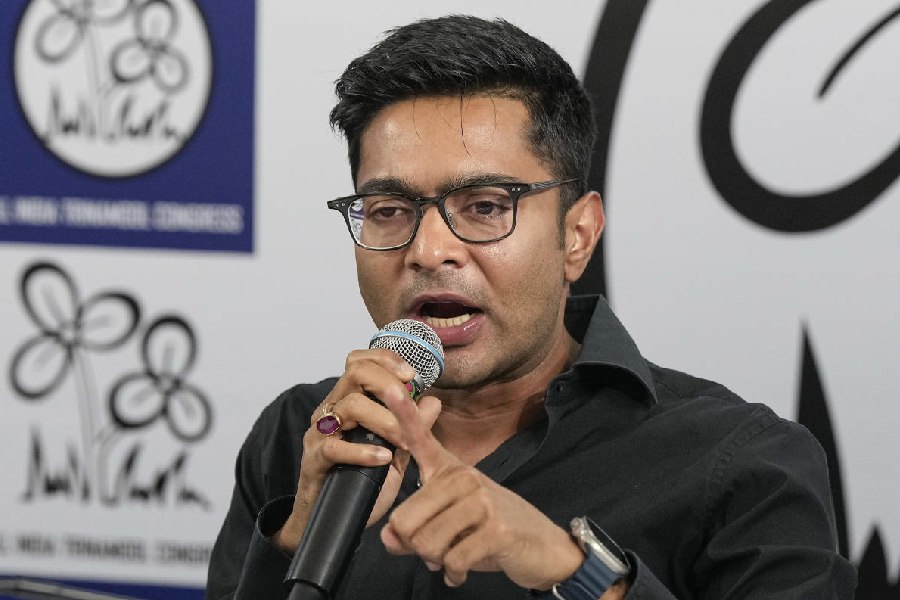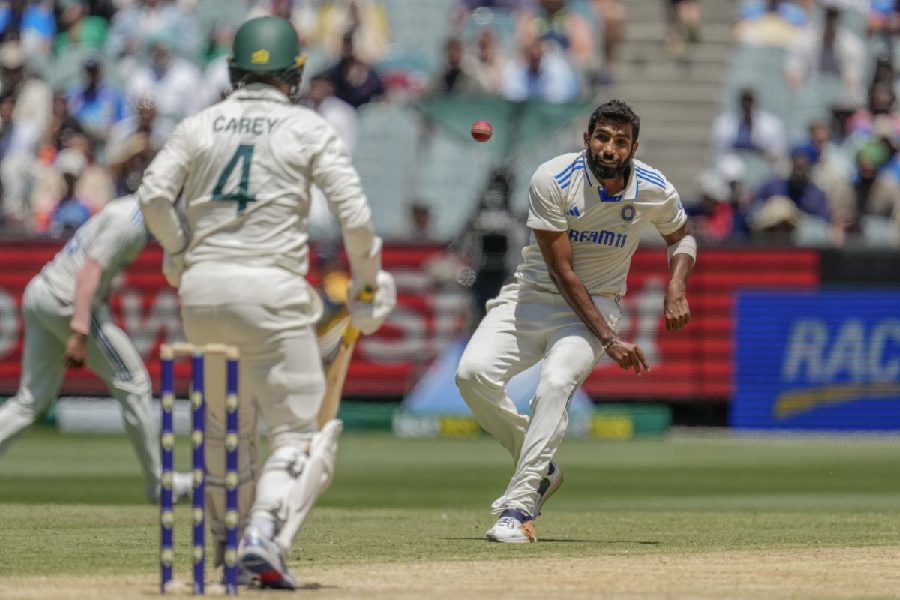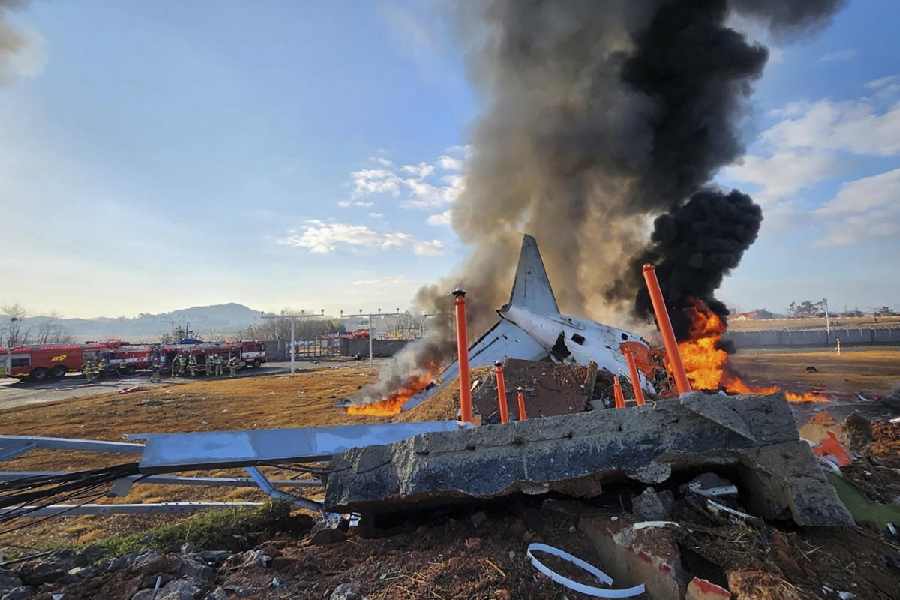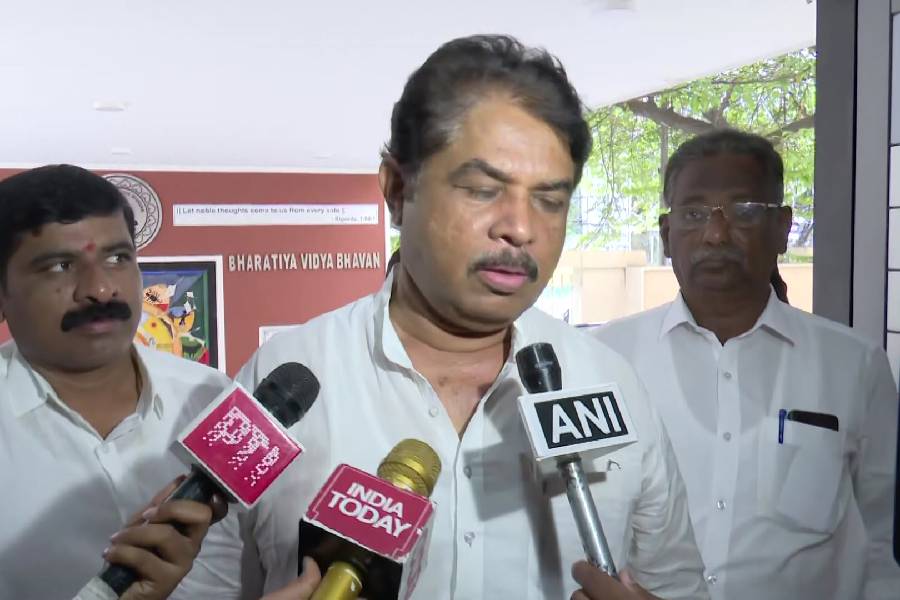Lord save us, ’cause our leaders failed us.…Young musician Rahul Rajkhowa wrote to vent his anger and disappointment over the ‘detrimental’ Citizenship (Amendment) Bill, 2019, through music, his weapon to challenge the hegemony.
The 24-year-old former St Stephen’s College and Jawaharlal Nehru University student, who is in his hometown Guwahati, said he will press the Nota button on April 23 during this Lok Sabha elections. “I will go with the Nota option. A majority of the youths here will do the same as most of the political parties or leaders can bring no positive change to the country in general and to the Northeast in particular. This is a show of crass politics. Leaders are using the kind of abusive language against each other that even students avoid in school debates,” said Rahul, who is currently based in Bangalore for a junior global fellowship programme.
“Why are we celebrating these two new bridges, Dhola Sadia and Bogibeel? Political parties are banking their campaigns on this. But it’s our right to get such basic facilities as we pay taxes and as a political leader it is your job to ensure our welfare. Since we are so poorly cared for, we get excited with the smallest opportunity,” said the musician who uses his verses to fight issues such as ‘mismanagement’ by university authority, Assam floods, sexual harassment, rape joke culture or lynching.
“A lot of people, especially middle-aged men, reacted with so much hatred and abused me for my citizenship bill song. But I love their reaction. This motivates me,” he added.
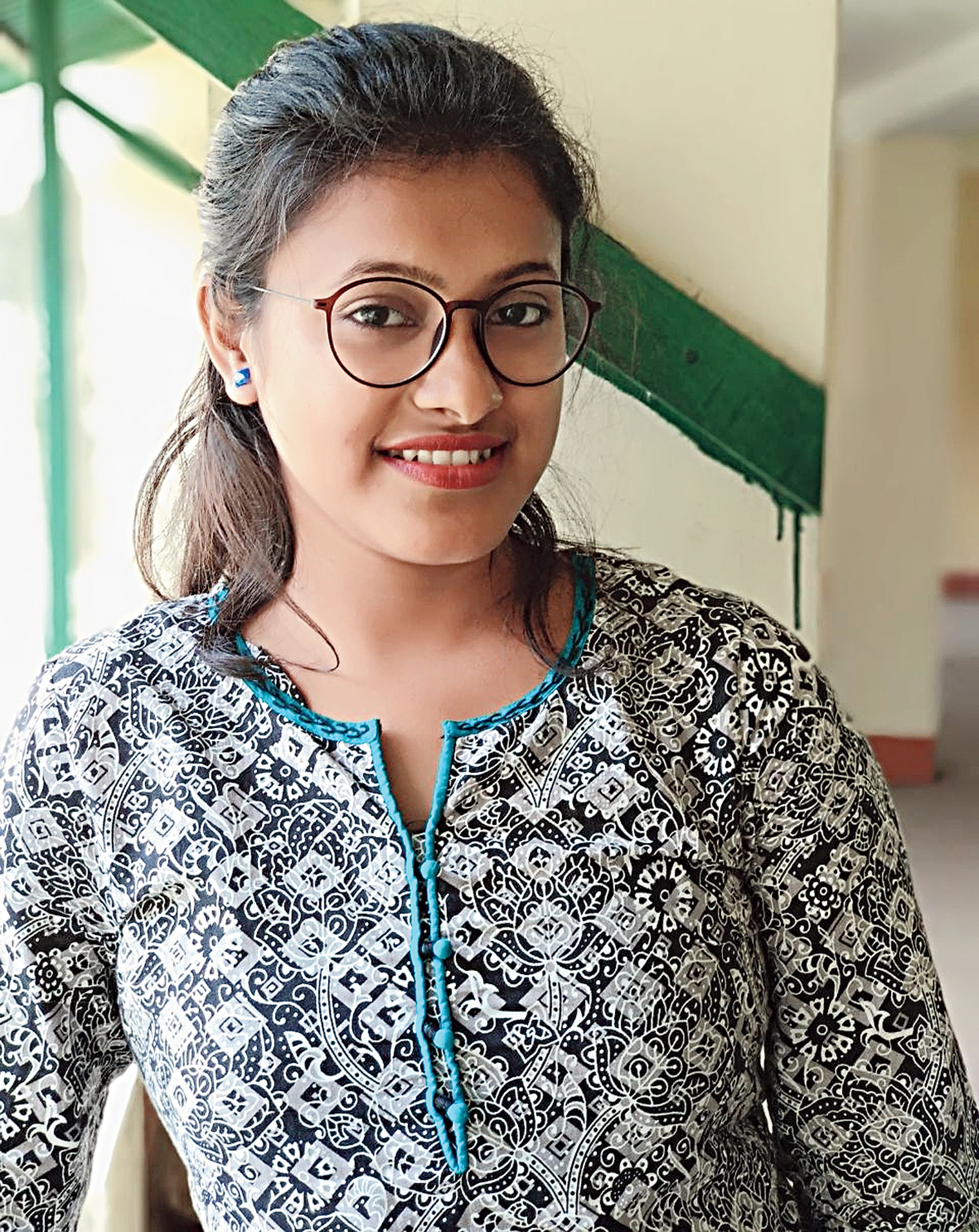
Manidipa Roy The Telegraph picture
Rahul aims to teach leadership skills to the rural Assam youths after completing his studies from Germany. “Youngsters should not get carried away by what they see on social media. They should form their own opinion and vote for somebody who is tolerant and understands their insecurities and problems,” Rahul added.
His message for political parties is: “Stop thinking money...start thinking welfare.”
For 23-year-old Manidipa Roy, a student of agriculture science of Calcutta University and a native of Agartala in Tripura, the decision on who to vote for is difficult. No political party has promised to establish a fertiliser industry or an agriculture research institute in Tripura. “The present-day political activities don’t interest me. I don’t know if any such initiatives are being taken in Tripura so that I get a secure future. I want to work in my state. I hope the party that comes to power after the elections ensures our employment,” she said.
John Oinam, a native of Thanga village in Manipur’s Bishnupur district, is similarly disinterested in polls. Intolerance, lack of trust between the Centre and people, increased violence, insecurity about employment and most importantly, lack of any alternative leadership, have made him lose interest in exercising his franchise.
“The young generation of the region are disinterested about the elections. Middle class people like us will remain the same no matter which party comes to power at the Centre. No party is talking about ensuring land rights for the indigenous people or implementing inner-line permit in Manipur. Instead, by introducing the citizenship bill, our basic rights are being taken away,” said the 27-year-old Delhi-based singer/songwriter.
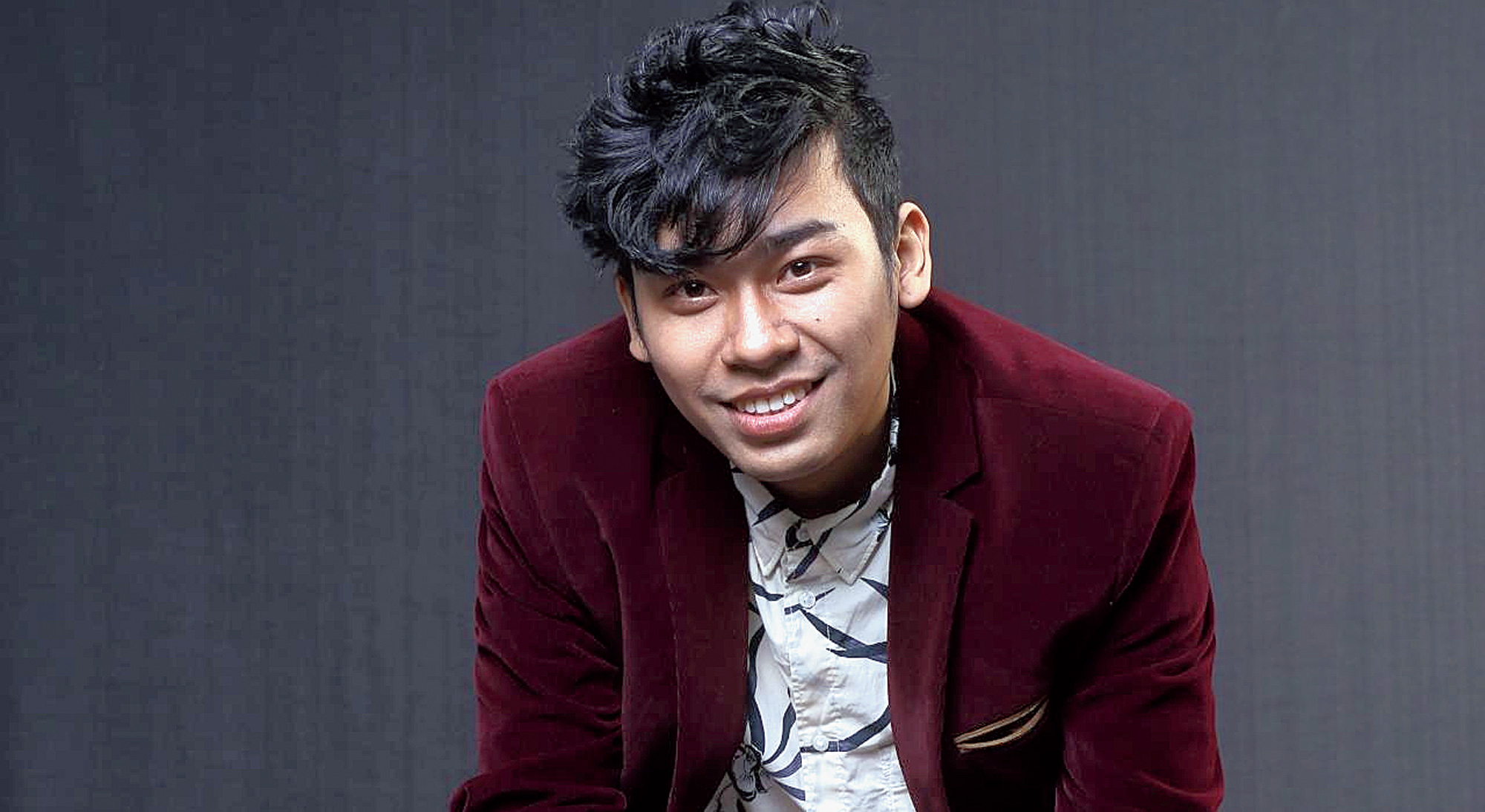
John Oinam The Telegraph picture
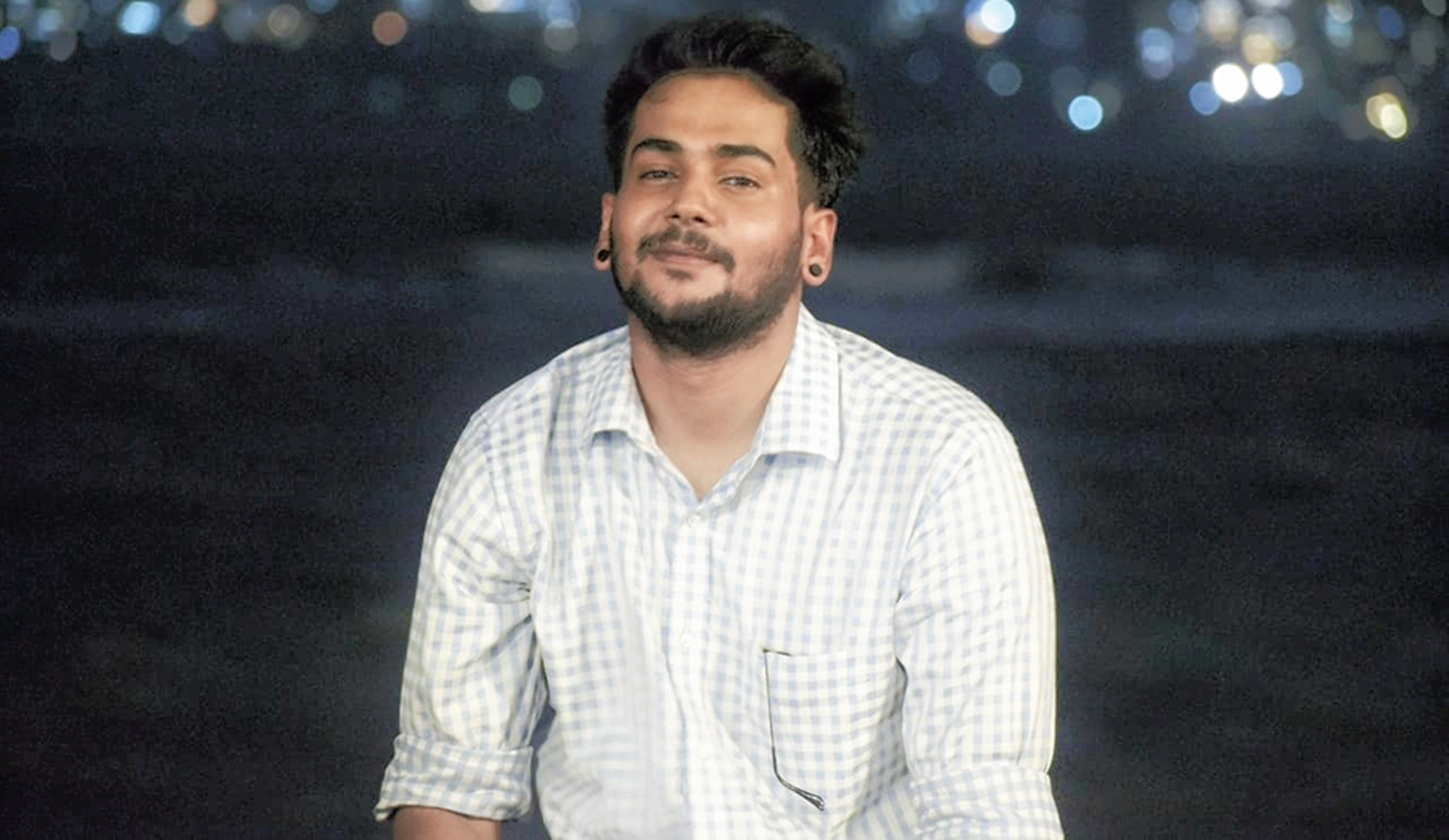
Bhaskar Goswami The Telegraph picture
John, who visits his hometown twice or thrice a year, said he hardly witnesses any infrastructure development in this village. “We have seen the BJP’s reign in the past five years. It’s been very disappointing. But the Opposition is not good either. We don’t have any eligible leadership to vote for,” he added.
For 29-year-old Mumbai-based professional Bhaskar Goswami, as a citizen of a democratic country, it is very important to convey your message to the authorities that there is no eligible leadership to vote for.
“I don’t believe in the ideology of the BJP. But is there any alternative? Any strong opposition? So, I think Nota is the best option. I would have voted for Nota this year if I was in my hometown, Guwahati,” said Bhaskar, who regrets not voting regularly since he was 18.
Bhaskar said a lot has changed over the past few years in his state but at a snail’s pace.
“I voted in the 2014 general elections. Many things have changed in Assam since then but they are not adequate. Also, we get to hear about electronic voting machines being hacked. So it is like gambling,” said Bhaskar.

